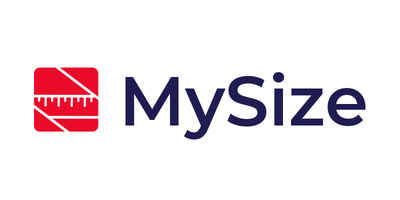The Future of AI in Healthcare: Transformations and Innovations
Author: John Doe

The healthcare industry is undergoing a profound transformation with the rapid integration of artificial intelligence (AI) technologies. Major collaborations and innovations are reshaping how healthcare is delivered, particularly in areas like precision medicine, administrative efficiencies, and patient care. Recent partnerships between pioneering companies showcase the potential of AI to enhance clinical trial access in community oncology and streamline healthcare workflows.
One significant development is the partnership between N-Power Medicine and VieCure, aimed at revolutionizing precision medicine and clinical trial access in community oncology. This strategic alliance enables community oncology practices to leverage the Kaleido Registry, alongside VieCure’s Halo Intelligence Platform. By utilizing AI, these practices can improve patient outcomes through more personalized treatment plans and better access to clinical trials.

N-Power Medicine and VieCure's partnership enhances clinical trial access through AI technologies.
Another noteworthy advancement is the announcement from Iveda, expanding its global AI reseller network. This move comes as Iveda’s innovative solutions for smart cities and security applications are seeing increased demand worldwide. By increasing its reseller partnerships across multiple continents, Iveda is poised to deliver advanced AI solutions that can be applied in various sectors, demonstrating the versatility and necessity of AI in modern infrastructure.
Moreover, Penguin AI, a newly launched healthcare AI company, has successfully secured $29.7 million in venture funding. The company aims to tackle the $1 trillion administrative burden in the healthcare industry by streamlining workflows and reducing inefficiencies. Founded by former executives from major healthcare firms, Penguin AI focuses on employing AI technologies to create solutions that directly address long-standing operational challenges within healthcare systems.
The role of AI inferencing is also gaining attention, as highlighted by Larry Ellison during Oracle's fiscal Q1 2026 earnings call. He asserted that AI inferencing will soon outpace AI training, marking a critical shift in how enterprises operate. This transition suggests a future where real-time data processing and decision-making become the norm, leading to enhanced operational efficiencies and cost savings.
In the realm of fashion technology, MySize Inc. has also made strides by acquiring ShoeSize.Me, thereby enhancing its Naiz Fit platform with AI-powered footwear sizing capabilities. This move not only strengthens MySize's position in the market but also aligns with its strategy to leverage AI for elevating consumer experiences in e-commerce.

MySize Inc.'s acquisition of ShoeSize.Me underscores the growing influence of AI in fashion technology.
On another front, NE2NE has launched PDFFlex, a powerful new tool that facilitates accurate data extraction from complex PDF files. With the growing reliance on digital documentation, innovative solutions like PDFFlex are essential in helping organizations manage data efficiently, thereby alleviating some of the burdens posed by traditional document management.
As the advancements in AI technology unfold, one cannot ignore the complexities of the technology. The recent incident involving the 'K2 Think' AI model being jailbroken just hours after its release raises critical questions about AI security. Researchers highlighted how features designed for user transparency could inadvertently lead to exploitation by malicious actors, emphasizing the need for robust security measures in AI deployment.
In summary, the convergence of AI technologies across various sectors is accelerating changes that promise to enhance efficiencies and improve outcomes in healthcare, retail, and beyond. The trajectory for AI development appears poised to address significant operational challenges while also raising important considerations regarding ethics and security. As companies innovate and expand their offerings, the discourse around responsible AI adoption and implementation will undoubtedly remain pivotal.